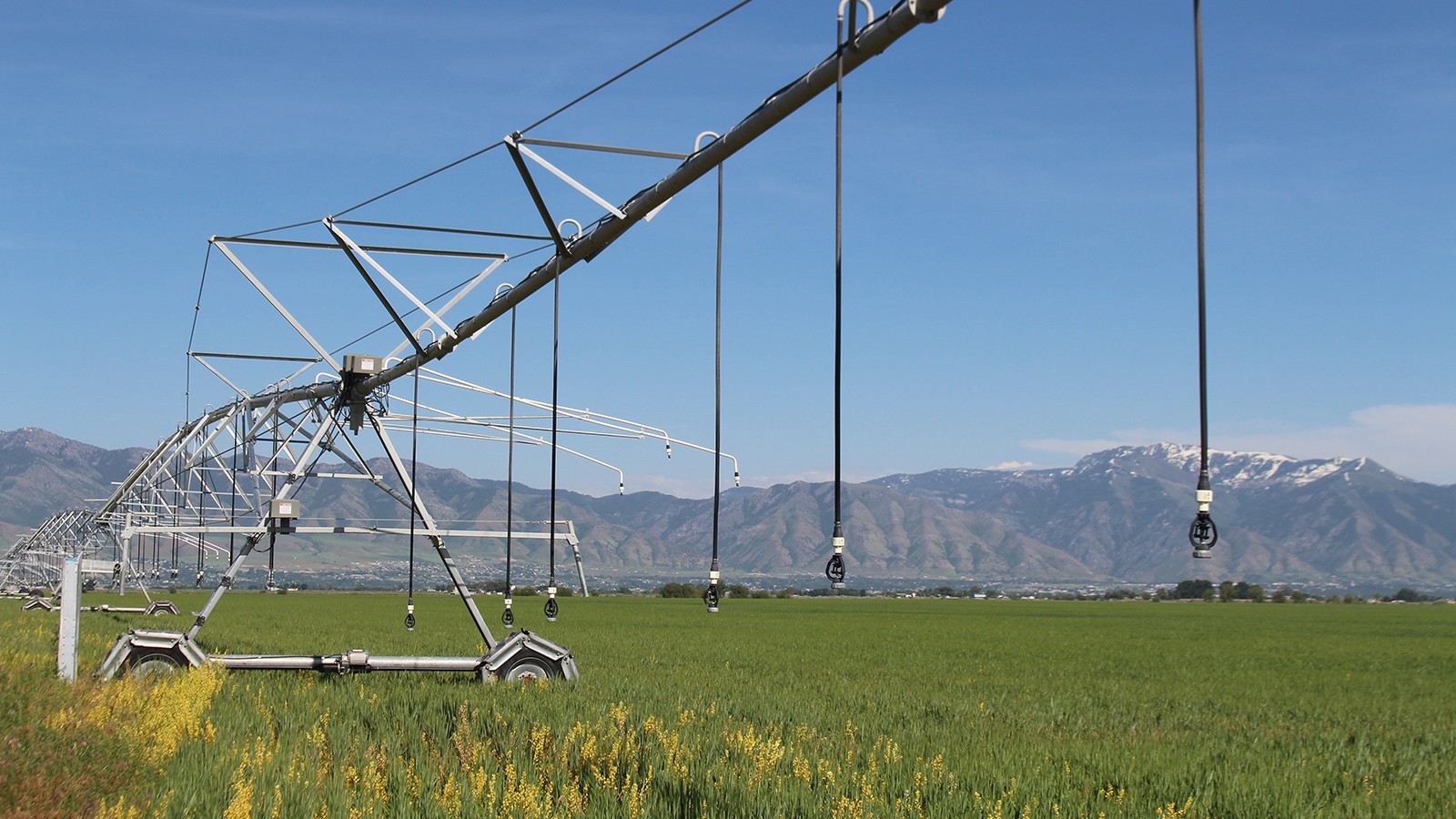Nanotechnology Could Improve Fertilizer, Study From Utah Water Research Laboratory Finds
By Micah Safsten |
(Photo Credit: Utah Water Research Laboratory)
New research from the Utah Water Research Laboratory has found that nanotechnology can reduce the environmental impact of agriculture and may soon provide significant economic benefits.
Traditional fertilizer and pesticides have long been associated with high levels of greenhouse gas emission and severe environmental pollution, such as widespread eutrophication. This has brought scrutiny to agriculture and prompted scientists to consider alternatives or innovations that might mitigate this problem. One such innovation is the use of nanotechnology in developing efficient fertilizers and pesticides.
Researchers at the Utah Water Research Laboratory, working with an international team of scientists, sought to understand if nanotechnology could develop fertilizers and pesticides that produced less greenhouse gasses while also being economically viable. The study, led by Yiming Su of the Utah Water Research Laboratory and USU Department of Civil and Environmental Engineering, found that by using nanotechnology, traditional agrochemicals can be transformed into more effective and efficient formula, leading to increased economic benefits for farmers and a lower impact on the environment.
The researchers published a paper in Nature Food describing both the positive effects of nanofertilizers and nanopesticides as well as the need to optimize the new technology for further adoption. While nanotechnology does have the ability to save costs for growers on a smaller scale, it is not yet ready for widespread use.
“While there are many groundbreaking findings, it was unknown whether and how the innovation of these nano-enabled agrochemicals contributes to the sustainable development of agriculture,” Su said. This question led to a cost-benefit analysis over whether nanofertilizers and pesticides were both environmentally friendly and worth the added cost to farmers.
Nano-enabled fertilizers and pesticides work by transforming traditional agrochemicals into a nano formula that delivers nutrients in a more targeted fashion. This makes the fertilizers and pesticides more efficient and lowers the environmental impact. While there are up-front costs associated with the nanotechnology in agriculture, Su and his team hope to show how these costs can be made up with the more efficient delivery of high-efficiency nano nutrients and pesticides to the proper places within a plant. This would limit both the overapplication of fertilizers and pesticides, as well lower the environmental impact.
A combination of further research and investment in nanotechnology will likely prove beneficial to its widespread implementation. Overall, the research provides strong evidence that the innovation of nano-enabled agrochemicals represents a significant step forward in the pursuit of sustainable agriculture and food production.
WRITER
Micah Safsten
Communications & Outreach Coordinator
Utah Water Research Laboratory
435-797-0735
micah.safsten@usu.edu
CONTACT
Yiming Su
Assistant Professor
Utah Water Research Laboratory, College of Engineering
435-797-1534
Yiming.su@usu.edu
Comments and questions regarding this article may be directed to the contact person listed on this page.







